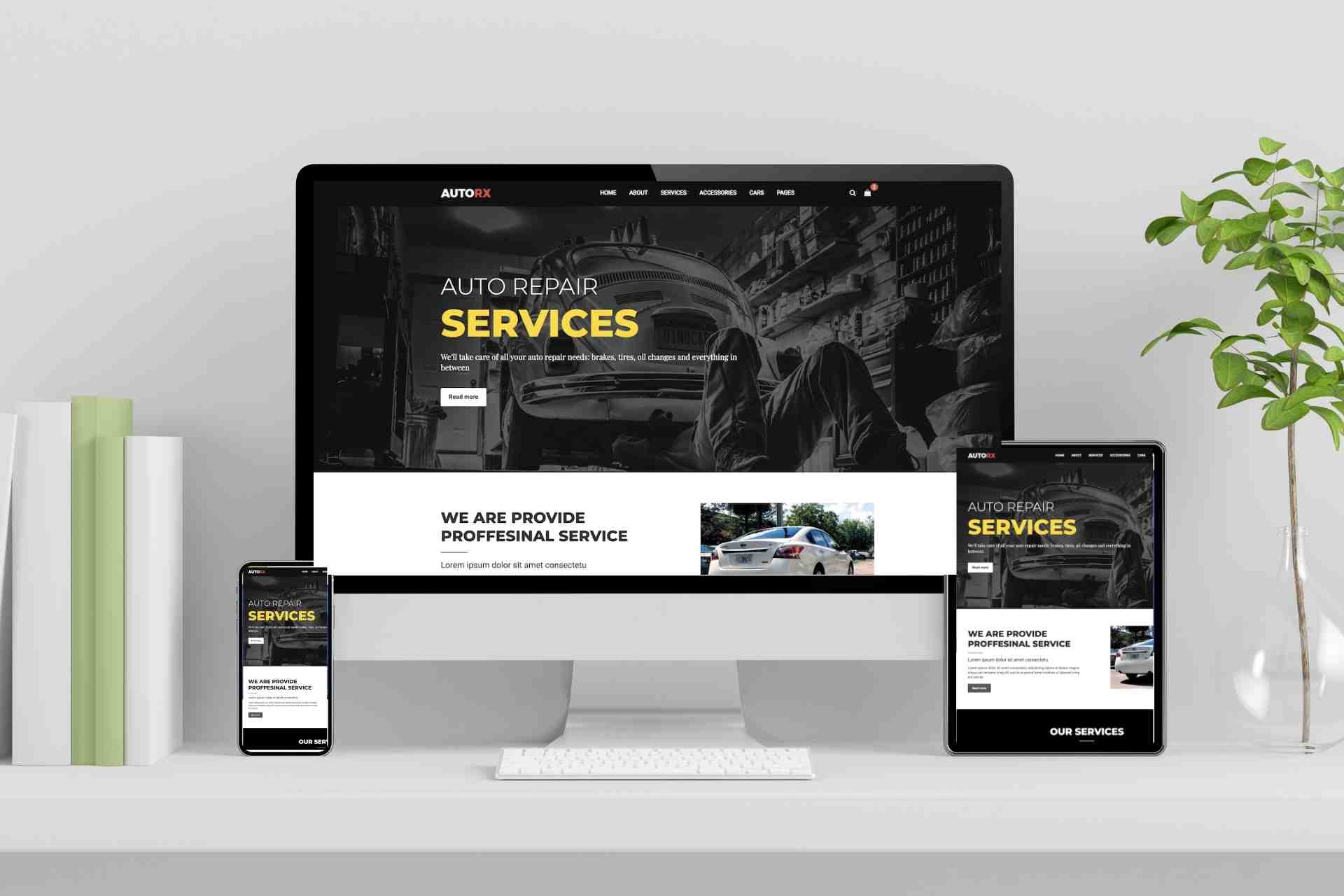
Table of contents:
- An Overview of the Importance of User Experience and Search Engine Optimization in the Automotive Industry
- Explanation of How Aligning UX with SEO Goals Can Benefit Automotive Websites
- Understanding the Interplay between UX and SEO
- Key UX Elements That Influence SEO for Automotive Websites
- Automotive SEO Strategies
- The use of UX best practices in designing for users
- Leveraging Analytics to Align UX and SEO Goals
- Conclusion
Welcome to the fast lane of website optimization, where User Experience (UX) and Search Engine Optimization (SEO) intersect to turbocharge automotive websites. In this deep dive, we’ll explore how intertwining UX with SEO drives traffic and enhances visitor engagement, ultimately steering potential customers right to your dealership’s digital doorstep.
An Overview of the Importance of User Experience and Search Engine Optimization in the Automotive Industry
In an industry as competitive as automotive, having a website that merely functions is no longer enough. Today, it’s about creating a digital space where visitors can almost feel the leather of the seats and hear the rev of engines. This sensory-rich journey is made possible through stellar UX, while SEO ensures your site appears first when customers start their car-buying journey online.
Explanation of How Aligning UX with SEO Goals Can Benefit Automotive Websites
Imagine your website as a showroom. Good UX ensures that customers can move through this space effortlessly, finding information about vehicle models and services without hassle. Pair that with SEO, which acts like the signs pointing towards your showroom, and you have a powerful combo that not only attracts visitors but also keeps them engaged.
Understanding the Interplay between UX and SEO
Definition and Significance of User Experience (UX) in Automotive Websites
UX on automotive websites is all about how a visitor feels when interacting with your site. Is it a smooth ride, or are there bumps along the road? A well-designed UX can mean the difference between a visitor who stays to explore and one who bounces faster than a test driver on a pothole-ridden track.
Overview of SEO and Its Impact on Automotive Website Visibility
SEO is your best salesperson, working 24/7. In search engine optimization, you optimize your website so that it ranks higher in search results when potential buyers type in terms such as “best family car” or “local car dealerships.”
How UX and SEO Complement Each Other for Automotive Websites
When UX and SEO work together, they boost visibility and user satisfaction. When your site loads quickly and is easy to use on mobile devices (thanks to good UX), search engines are more likely to reward your SEO campaign.
Key UX Elements That Influence SEO for Automotive Websites
Mobile Responsiveness and Its Impact on Search Rankings and User Satisfaction
In today’s market, mobile-responsive websites are like 24-hour dealerships. It’s crucial for SEO, as search engines prefer sites that serve all platforms well—from desktops to smartphones.
Site Speed: How Faster Loading Times Improve UX and SEO
A slow-loading site is a test of patience that many visitors will fail. A faster loading time is better for user experience and a great factor in search engine optimization, directly affecting your rankings.
A user-friendly navigation system: Simplifying access to information or action
Clear navigation is akin to well-placed dealership signage—it guides the visitor effortlessly to where they want to go, be it the contact page, service schedules, or new model releases.
Content Quality: Ensuring Relevance and Engagement for Users and Search Engines
The king of UX and SEO is content. High-quality, engaging content that speaks directly to the interests of car buyers—such as detailed model comparisons, financing information, and testimonials—will keep users engaged and improve SEO rankings.
Automotive SEO Strategies
Automotive Keyword Research
Keywords serve as road signs for users to find your site. For automotive SEO, this means tailoring your content to include terms specific to car buyers, from “fuel-efficient SUVs” to “servicing deals.”
Local SEO Tactics for Automotive Dealerships and Services
Local SEO ensures that your dealership shows up when someone in your area searches for “car dealerships near me.” This strategy puts you on the local map, literally and figuratively.
On-Page SEO Best Practices for Automotive Content
To boost your search engine rankings, on-page SEO involves optimizing your website’s title tags, meta descriptions, and headers with targeted keywords.
Building a Backlink Strategy for Automotive Websites
Backlinks are like recommendations in the automotive industry. The more reputable sites link back to yours, the more trusted your site appears to search engines, improving your SEO.
The use of UX best practices in designing for users
Interface design that is visually pleasing and intuitive
Your website should be as sleek and attractive as the latest car models you sell. A visually appealing design captures interest and invites interaction, enhancing the overall UX.
Making your CTAs clear and actionable
CTAs are your sales reps in the digital world. Whether it’s “Book a Test Drive” or “Get More Info,” these prompts encourage users to take steps that lead them deeper into your sales funnel.
Enhancing User Engagement Through Interactive Elements
Interactive elements like virtual tours of vehicles or customizable car features can significantly enhance UX, keeping potential customers engaged and interested.
Accessibility Considerations for a Broader Audience Reach
Making your website accessible to all, including those with disabilities, broadens your market and improves UX, reflecting positively on your brand’s inclusivity.
Leveraging Analytics to Align UX and SEO Goals
Tracking UX and SEO performance with tools and metrics
Analytics tools are your dashboard, showing how well your website performs in terms of visitor engagement and SEO. Tracking these metrics helps you steer your site toward better performance.
Analyzing User Behavior to Inform UX Improvements
Just like a test drive offers insights into car performance, analyzing how users interact with your site helps identify what’s working and what’s not.
A/B Testing for UX Elements with SEO Implications
Using A/B testing, you can see which version of a page performs better in terms of both UX and SEO. Comparing different car models to see which has better mileage is similar.
Future trends in automotive UX and SEO
Emerging technologies like AI and voice search are set to revolutionize the way users interact with automotive websites, making UX and SEO more dynamic than ever.
Conclusion
Integrating UX with SEO is essential for automotive websites aiming to accelerate ahead of the competition. As you shift gears into a more sophisticated digital strategy, consider reaching out to GoAutomotive Marketing for expert guidance in Automotive SEO Marketing to ensure your online presence is as powerful as the vehicles you sell.
If you have more questions related to Automotive SEO Marketing, visit our blog section. You can reach out to our team via email at marketing@goautomotivemarketing or call 1 (470) 791-9755 our support team at GoAutomotive Marketing will be glad to assist you.



